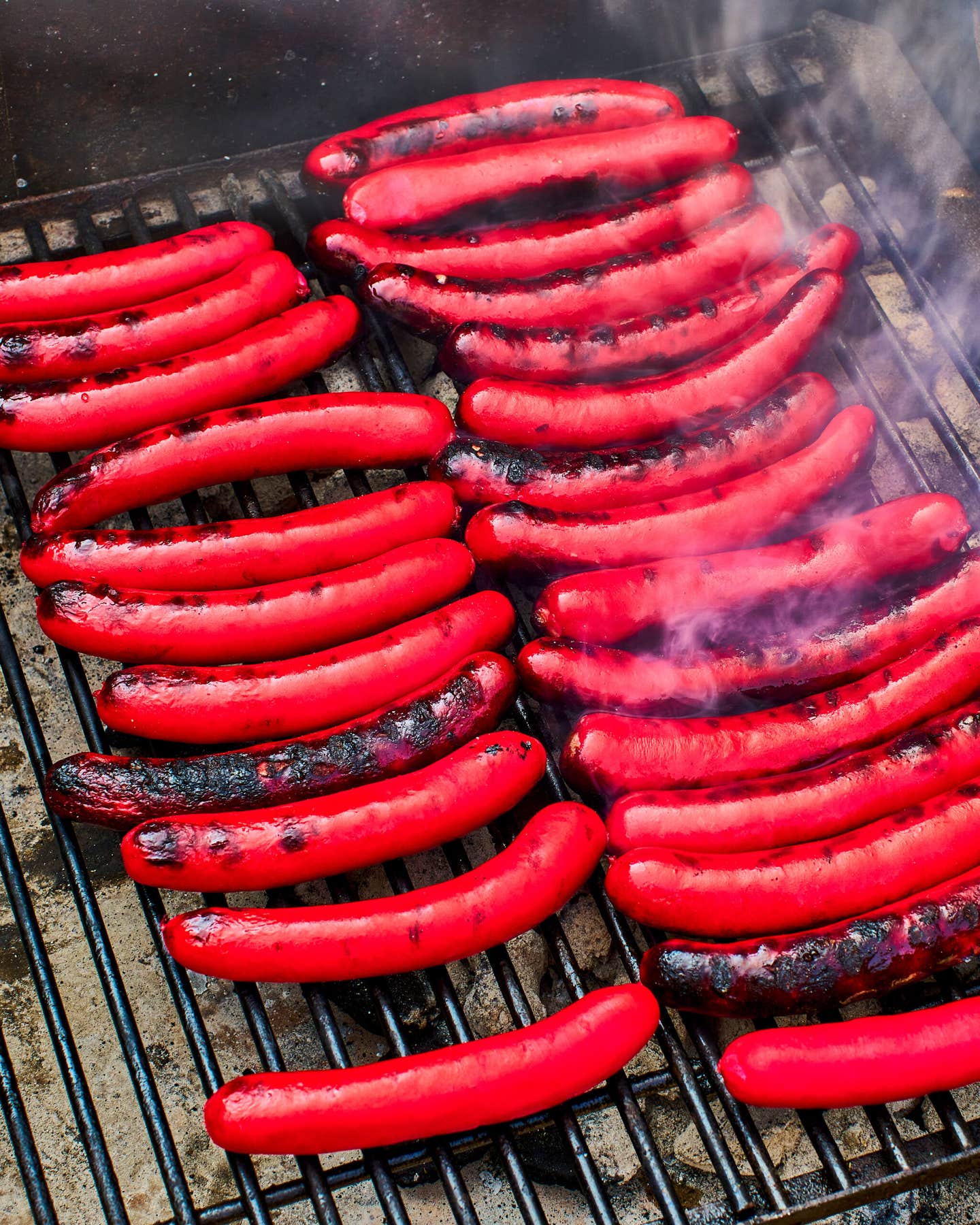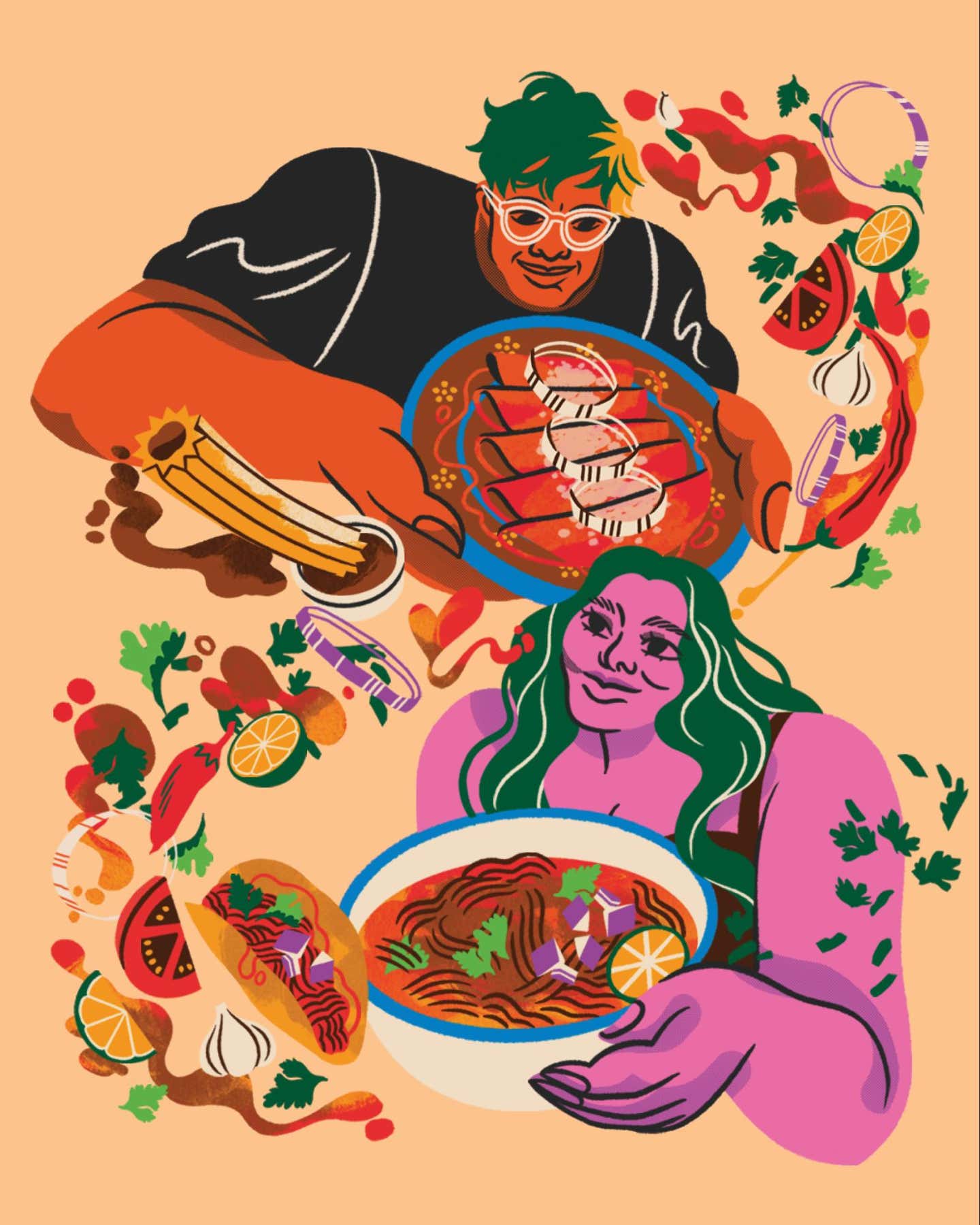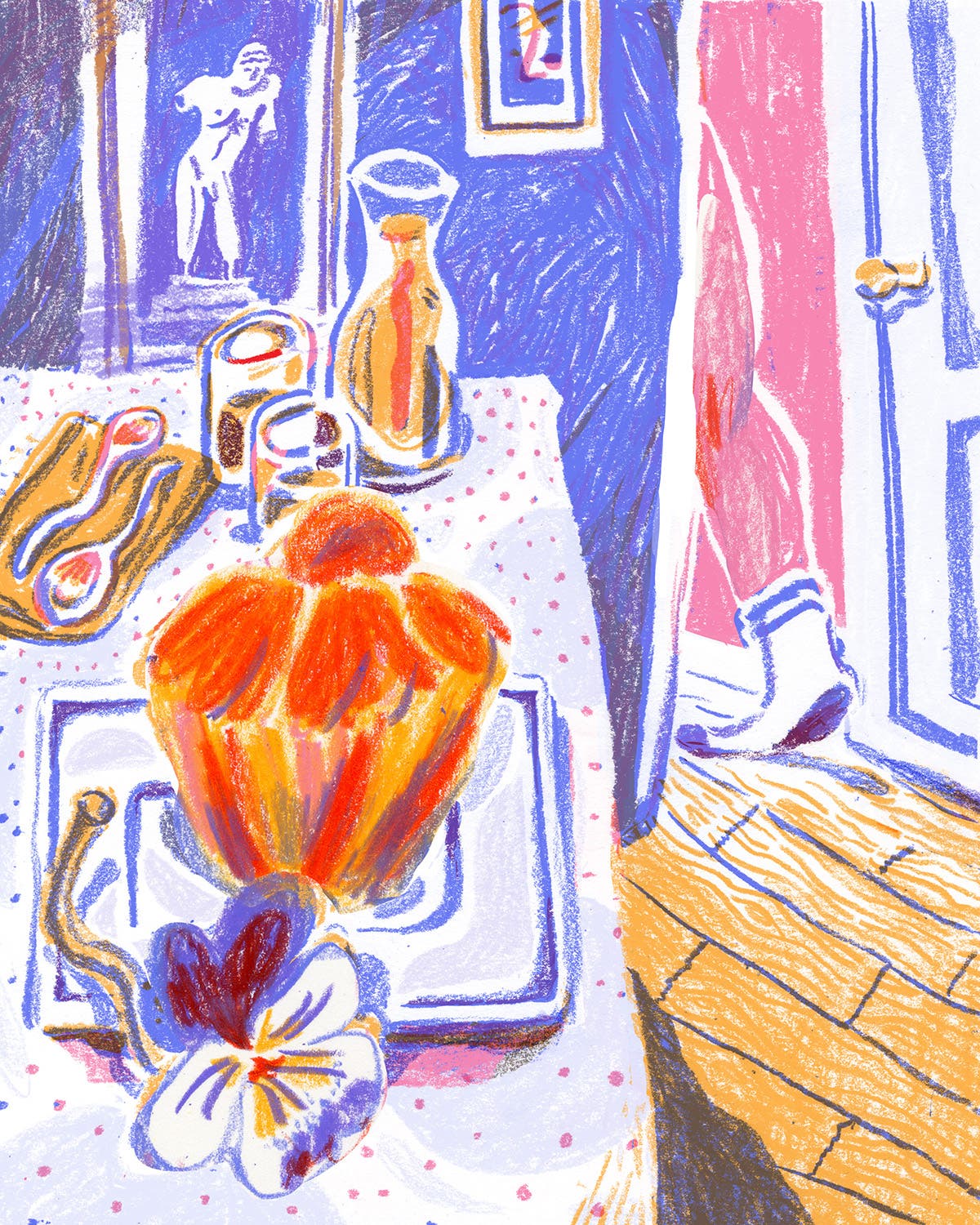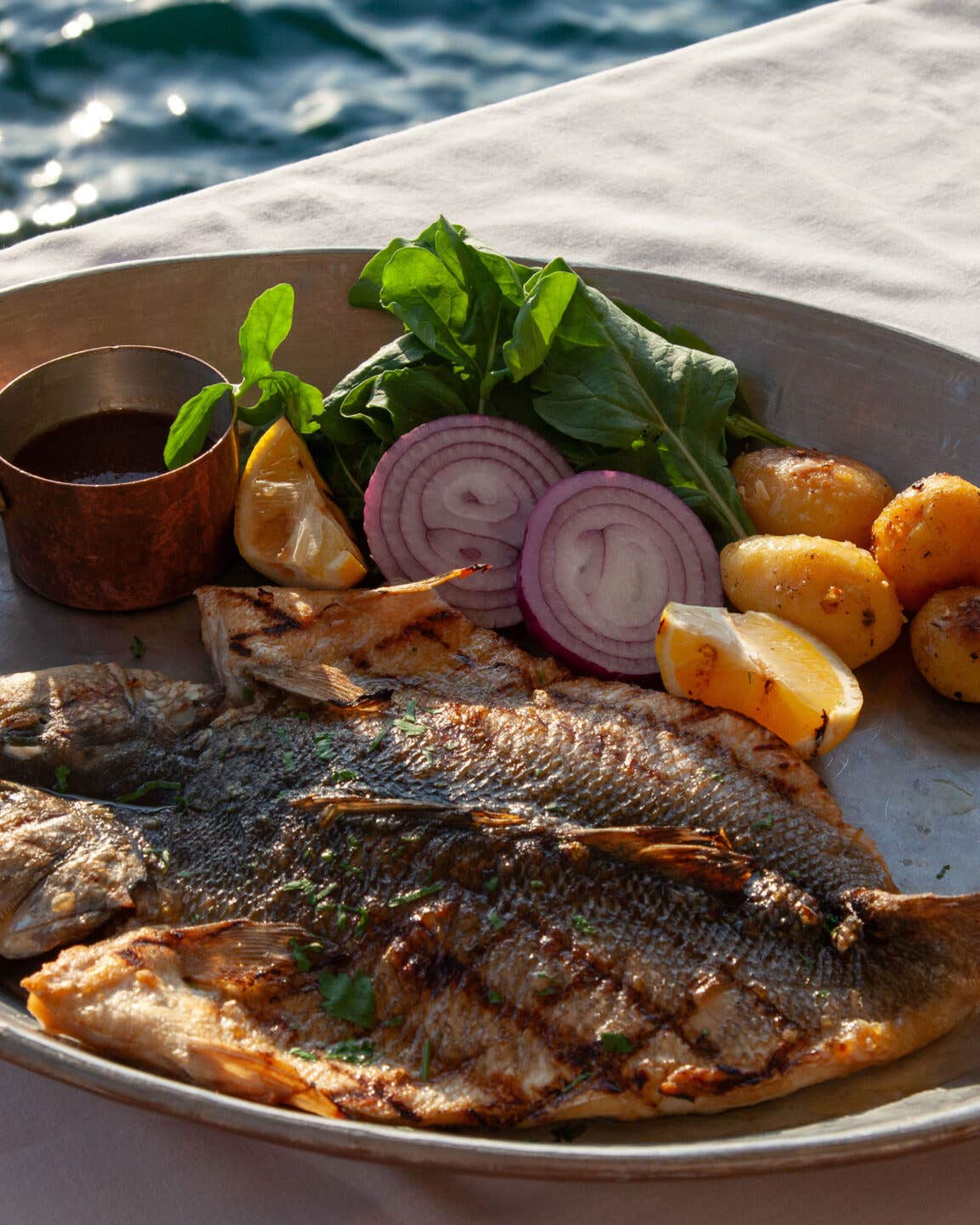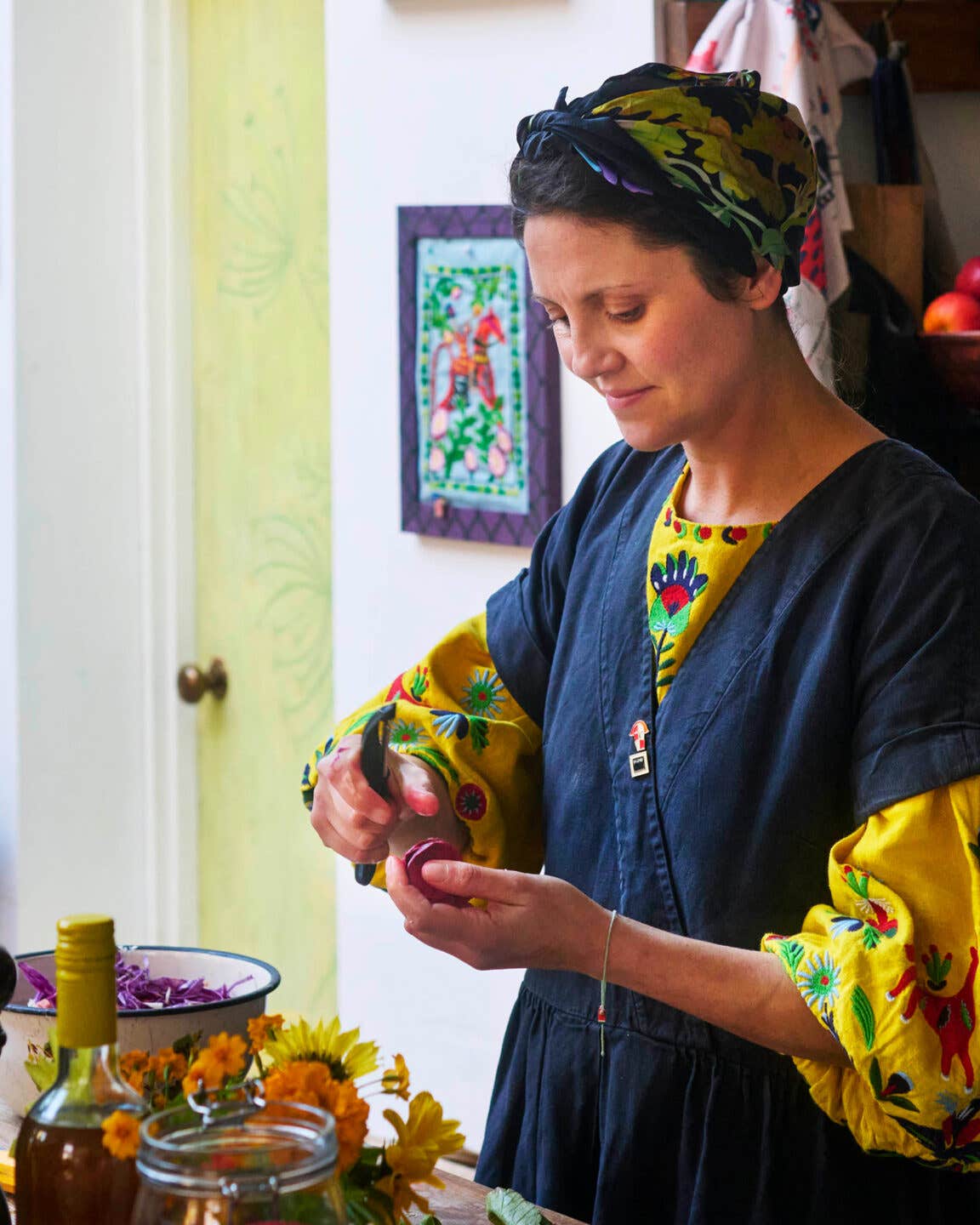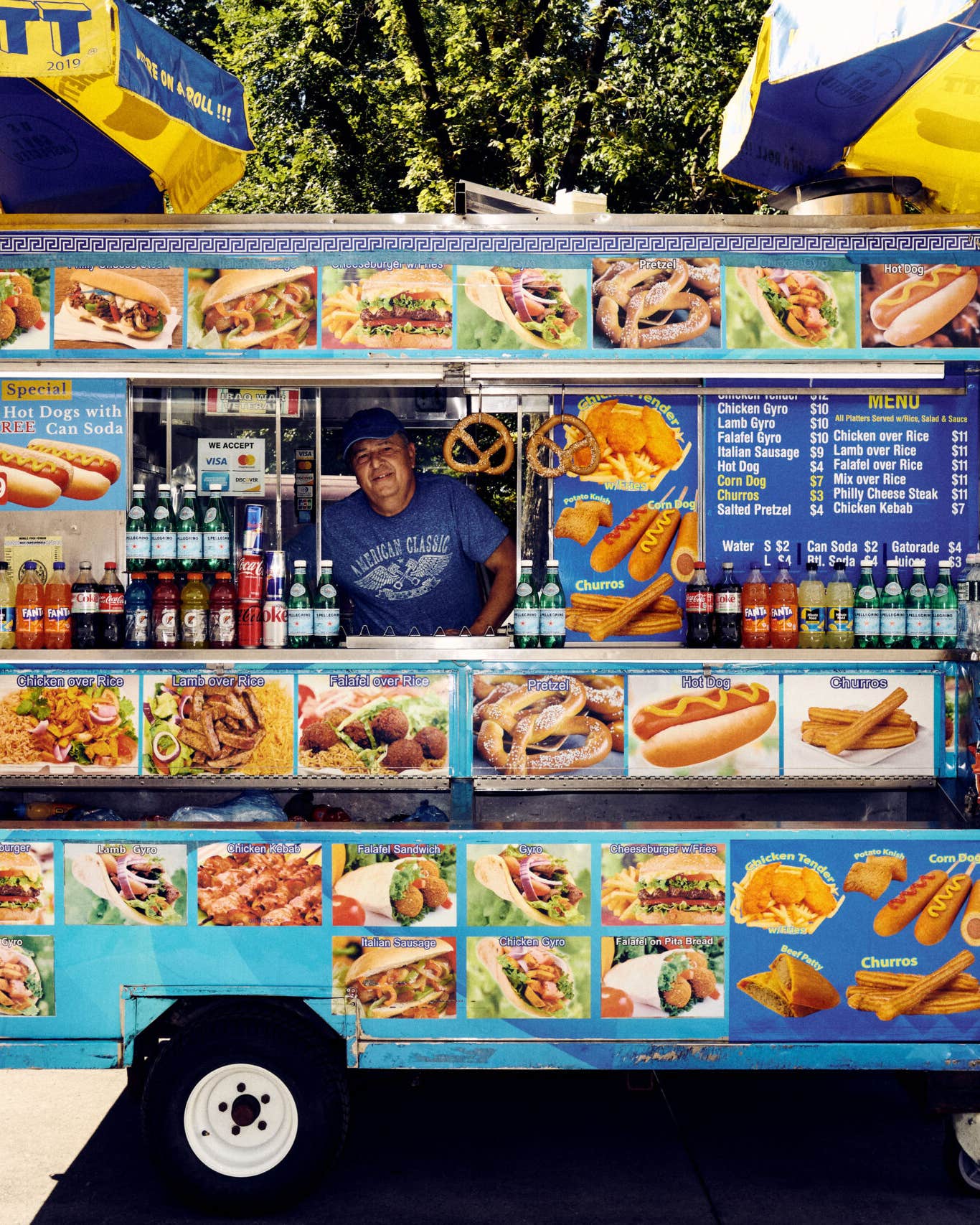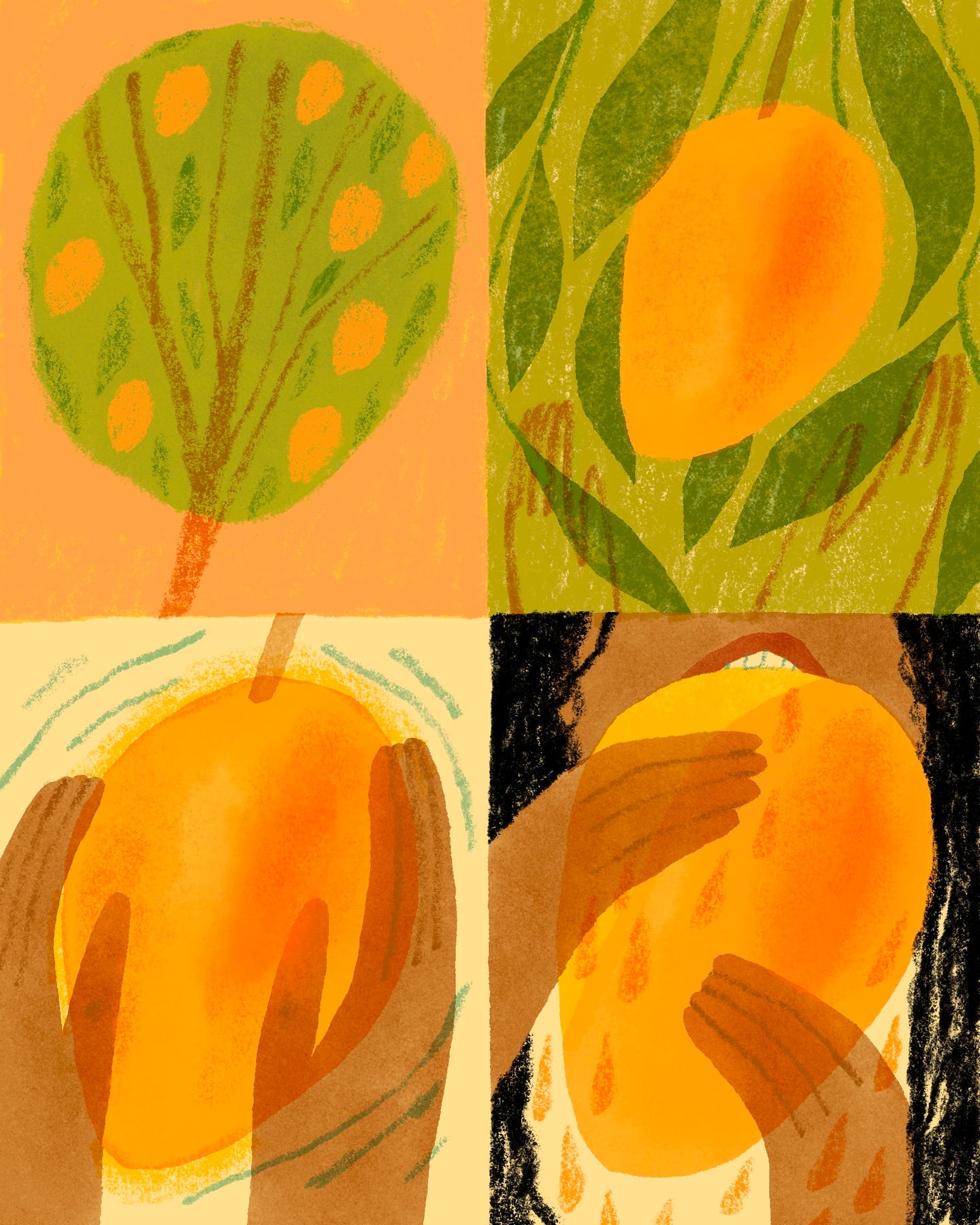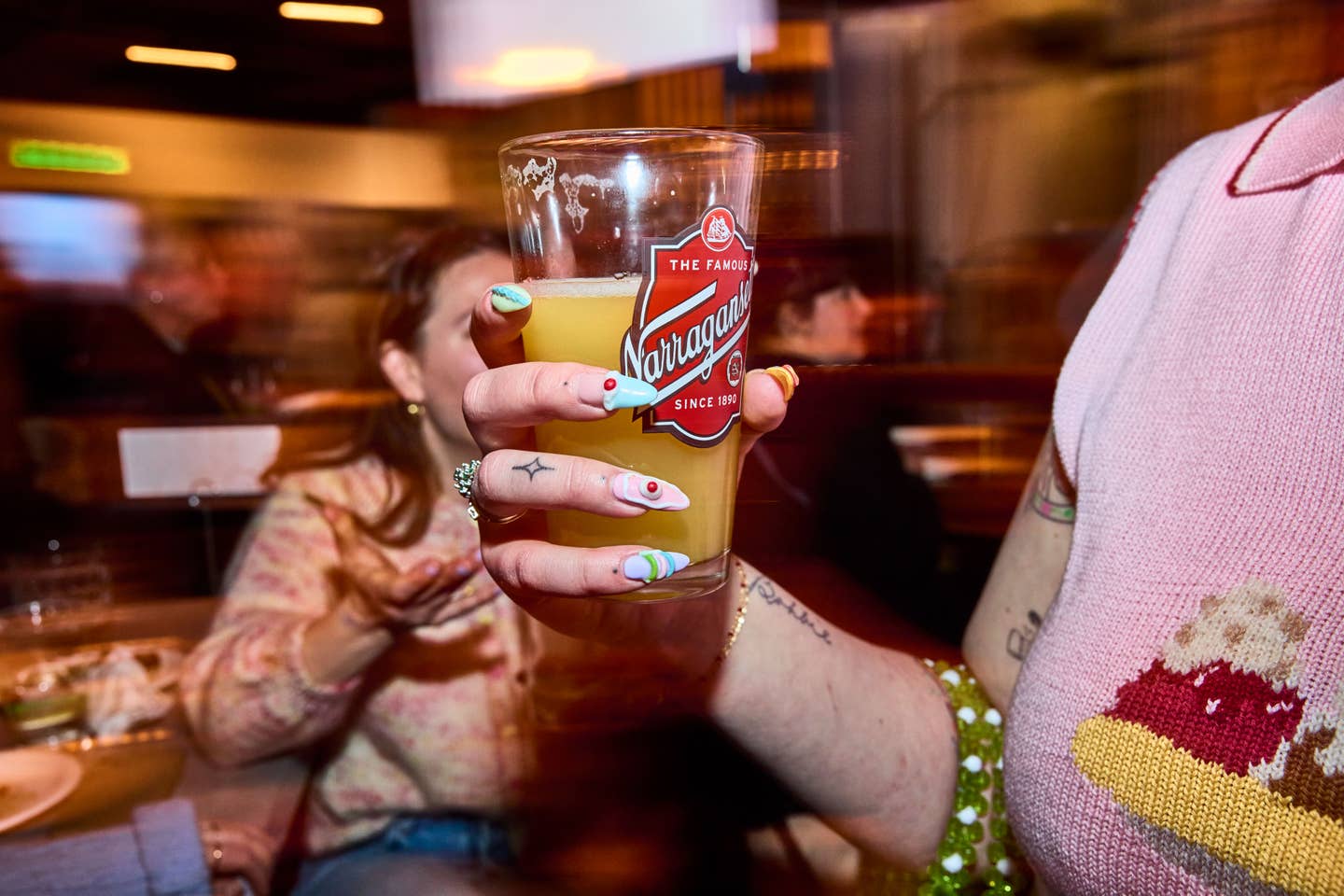
The Restaurant Design Trend We Can’t Get Enough Of
Transferware is experiencing a renaissance. Here’s where you can peep the old-timey patterned plates—and shop for a few of your own.
Strolling the aisles of your local Goodwill, you might pause at a shelf piled with old porcelain plates decorated with flowers, vines, and bucolic scenery. These affordable dishes—known as transferware—were invented for the emerging middle class in 18th-century England. Inspired by hand-painted Chinese porcelain but stamped by machine, then exported by the shipload, English transferware became the go-to dish for early American households.
Transferware’s earthenware base material (sometimes substituted for ironstone, porcelain, or bone china) kept the dishes highly affordable, but their printed-on monochrome designs—featuring castles, courting couples, and other intricate scenes—looked anything but. The technique lives on today, both in pricey, collectible Limoges porcelain from France, as well as in lower-grade plastic servingware that’s suddenly in vogue.
Across the United States, well-known chefs are now reviving transferware, swapping minimalist white dishes for Southern Willow Blue, English Chippendale, Historic American Brown, and other vintage designs. There’s a comfort to these old dishes, which conjure up meals in grandparents’ homes. These days, far from feeling formal or stuffy, the quaint motifs encourage a more relaxed dining experience. Here are the restaurants at the forefront of the transferware renaissance. What’s old is new again.

Before opening this groovy raw bar, chef-owner Benjamin Sukle (of Oberlin restaurant fame) dove into 1960s, ’70s, and ’80s dinnerware designs to match the new restaurant’s “timeless, brash style.” Rosebud Chintz from Spode was a winner, and eBay and Etsy got the job done. “Every time I have an empty plate in front of me, I can’t help but turn it over to see who made it, what collection it’s from, and how old it is,” says Sulke, a self-proclaimed “lifelong plate flipper.”
Get the look:
Royal Albert Rose Confetti 5-Piece Bone China Place Setting
Villeroy & Boch Audun Ferme Dinner Plate
Gracie China Rose Chintz Porcelain 8-Inch Dessert Plate

Ethan Lim’s modern Cambodian restaurant (named after its neighborhood) pays homage to his late mother, Momma Lim, who ran a noodle stand in pre-war Battambang. With the COVID-19 pandemic in the rearview, Lim “wanted to focus on creating a space where time stood still and the service style was reflective of being at home,” a philosophy that shines through in such touches as his partner’s grandmother’s English Chippendale plates—on which he serves Dungeness crab and caviar.
Get the look:
Royal Albert Old Country Roses 10.25-Inch Dinner Plate
Portmeirion Botanic Garden Dinner Plates
Loki Dessert Plates by Matthew Williamson

At her maximalist “tropical roadhouse,” chef-owner Sophina Uong swaps starched tablecloths and matching plates for a hodgepodge of colorful transferware. “I know it drives our cooks and servers crazy, because nothing matches and things are impossible to stack together neatly, but to me, that’s the beauty of recycling pieces of history,” she says. Menu standouts include avocado chaat and turmeric-potato pani puri.
Get the look:
Bitossi Vintage-Inspired Floral Dinnerware
Gien Les Depareillees Rebus Dinner Plate
Spode Woodland Turkey Dinnerware

Housed in a defunct corner store, James London’s dock-to-table restaurant sprinkles in deep blue transferware to complement the casual, nautical feel. “We try not to take ourselves too seriously,” says London, referring to dishes featuring tuna belly toast and caviar sandwiches served on mismatched china. “Guests get excited when they see plates or glasses they grew up with, and often bring us boxes of plates from their garage that they think will work with our lineup,” he says.
Get the look:
Spode Blue Italian 16-Piece Set
222 Fifth Adelaide Woodland 16-Piece Dinnerware Set
Williams-Sonoma English Floral Dinnerware Collection

Boulangerie by day, bistro by night, Troubadour Bread & Bistro’s whimsical aesthetic shines through in the escargot and tartiflette served on gold-rimmed Limoges, a transferware subset popular in 19th-century France. “I love that each piece has a story, and that we get to give these plates a proper stage,” says co-owner Sean McGaughey.

The shatterproof melamine dishes at this brother-and-sister-owned Lao restaurant are a nod to the duo’s childhood. “I want patrons to feel like they’re at my mom’s house,” says co-owner Jeff Chanchaleune, who serves mugifuji pork katsu and nam khao on the same plastic, floral-rimmed plates he ate from growing up.
Get the look:
Siren Song Floral Print Melamine Plates
Tarhong Cottage Blue Floral Melamine Dinnerware
Sandia Melamine Dinnerware Set

To create a restaurant that existed “outside the space-time continuum,” the co-owners of this Singapore and Malaysian hawker-inspired eatery leaned into bold, clashing patterns and ornate details such as lustrous fabrics, thrifted floral transferware, and a ’70s-esque iridescent snakeskin bar top.
Keep Reading
Continue to Next Story
